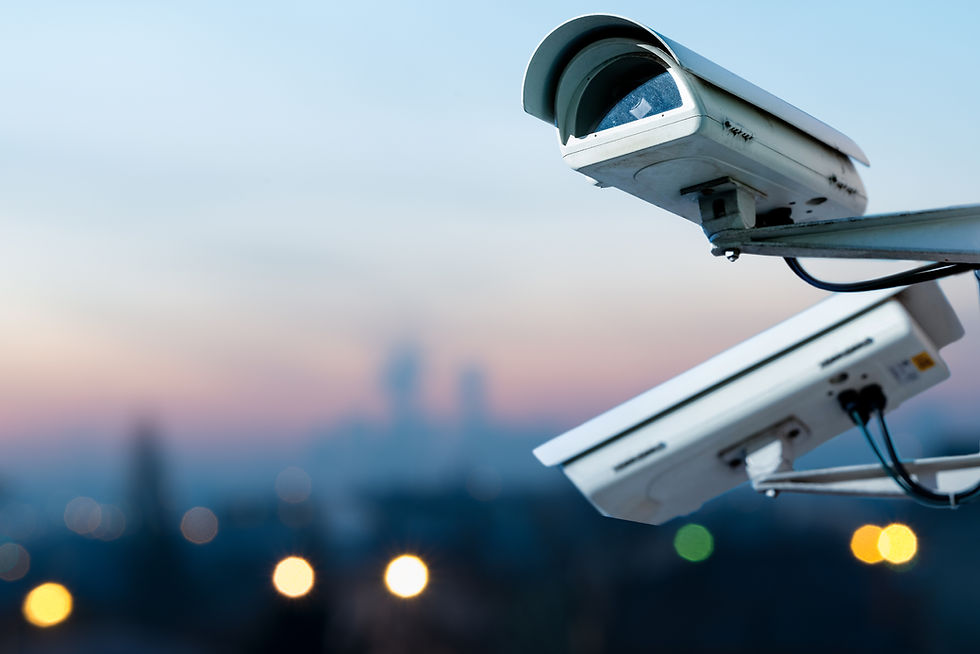Scam alert: Spellscan & Coronavirus
- Have Safety Will Travel
- Oct 23, 2020
- 2 min read
We received a comment on our site recently that stated:
It looks like you've misspelled the word "Managment" on your website. I thought you would like to know :). Silly mistakes can ruin your site's credibility. I've used a tool called SpellScan.com in the past to keep mistakes off of my website. -Kerri
Immediately when you google the individuals full name as left in the message "Kerri Martin", it populates with "spellscan scam" (ss scam). Several other individuals claim scams and viruses upon entering the ss site.
I'm not about to search for the actual "ss" site, due to claims of viruses and potential digital threat, especially since these claims go back to 2018.
Several other site links populate who have messages from the same person, some with the same name but different emails, and some with different "tools" that they have used. Another red flag besides the changing emails, is the email they list is always completely different name from their signature.
Tips to avoid being scammed:
- Be weary, if it doesn't feel right it probably isn't.
- If you're a site owner, use reCAPTCHA's in your forms.
- Always do your due diligence - search the company or person with the word "scam" or "fraud" and see what comes up.
- Never click on a link or open a website from someone you don't know/trust.
- Never give out your personal information.
- Don't deposit a check or wire money to/from someone you don't know. You will be responsible to repay fake checks to the bank.
- Always take time to vet a company/product - scammers will pressure you to make decisions fast or make it sound to-good to pass up.
- Do not respond to something you think is a scam, it's a trick to get your email/number/information for the REAL scam.
- The Federal Trade Commission has a newsletter for ongoing and new scams, you can sign up here for updates.
The FTC also has the most up to date information for coronavirus scams to watch out for, they are as follows:
Avoid Coronavirus Scams
Learn how to tell the difference between a real contact tracer and a scammer. Legitimate tracers need health information, not money or personal financial information.
Don’t respond to texts, emails or calls about checks from the government. Here’s what you need to know.
Ignore offers for vaccinations and home test kits. Scammers are selling products to treat or prevent COVID-19 without proof that they work.
Be wary of ads for test kits. Most test kits being advertised have not been approved by the FDA, and aren’t necessarily accurate.
Hang up on robocalls. Scammers are using illegal robocalls to pitch everything from low-priced health insurance to work-at-home schemes.
Watch for emails claiming to be from the CDC or WHO. Use sites like coronavirus.gov and usa.gov/coronavirus to get the latest information. And don’t click on links from sources you don’t know.
Do your homework when it comes to donations. Never donate in cash, by gift card, or by wiring money.




This was also at my website, with the exact same sentence. Ecxept for the word "Management" was replaced for work. They use another name though; Kelly Davis in stead of Kerri. The mailadres where this comes from is: davis994@hotmail.com
be warned!